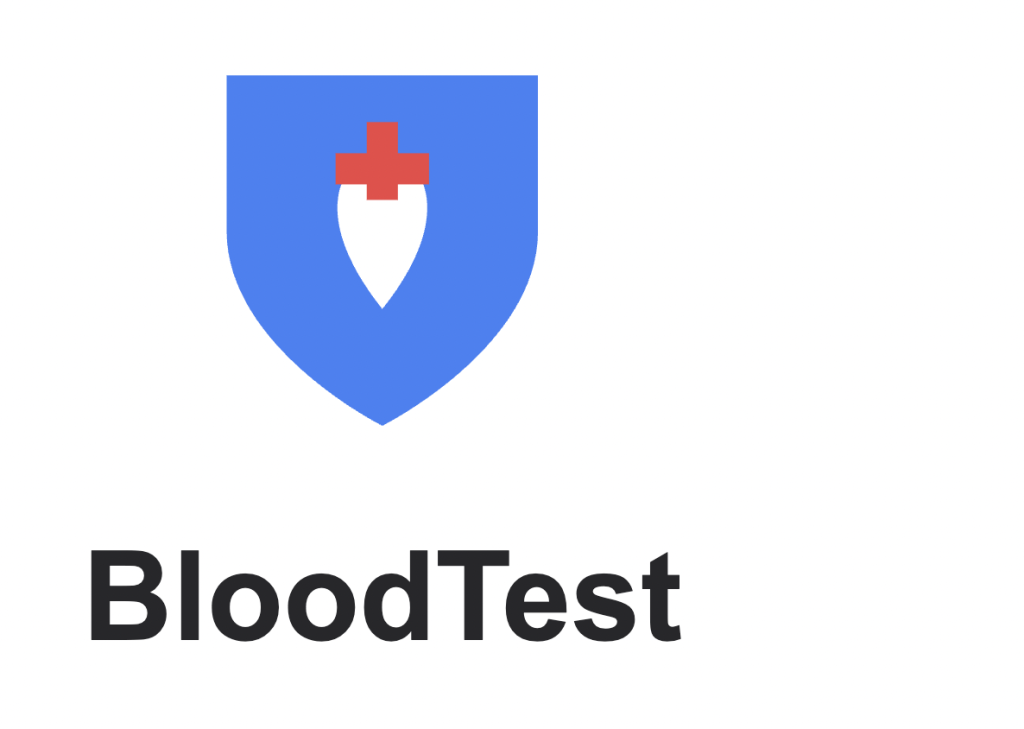If you’re getting a blood test for the first time — or it’s been a while since your last one — you might wonder:
“What should I bring?”
“Will my insurance cover it?”
“How much will it cost?”
These are some of the most common questions people have before visiting a blood test center. Knowing what to expect ahead of time can save you money, time, and stress. In this guide, we’ll walk you through everything you should know before your appointment, from required documents to insurance tips and average costs.

📋 1. Documents You Should Bring to a Blood Test Center
Before showing up at any lab — whether it’s Labcorp, Quest Diagnostics, or a local clinic — make sure you have these essentials ready:
A. Valid ID
Bring a government-issued photo ID, such as:
- Driver’s license
- Passport
- State-issued ID card
This helps verify your identity, especially if your results will be linked to your medical record.
B. Doctor’s Order or Lab Requisition
If your test was prescribed by a doctor, bring the lab order that includes:
- Doctor’s information
- Test codes or test names
- Your date of birth and patient ID
⚠️ Note: Some labs allow you to order tests online without a doctor’s note (especially self-pay labs), but not all tests qualify.
C. Insurance Card (If You Have One)
Your insurance provider and member ID will be required if you want your test billed to insurance. This determines which labs are in-network and what portion of the test cost you’re responsible for.
D. Appointment Confirmation
If you booked online, keep a screenshot or email of your confirmation barcode or appointment number. It makes check-in faster.
🏥 2. What to Expect at the Lab
🧍♀️ Check-In
When you arrive, you’ll check in at the front desk or via kiosk. The staff will verify your ID, insurance, and test order.
💉 Sample Collection
A phlebotomist will draw your blood — usually from the arm. It takes less than 10 minutes for most tests.
⏱️ Wait Time
Most appointments take 15–30 minutes in total. Early mornings are busiest, so try scheduling after 10 a.m. if you want shorter waits.
📬 Getting Results
- Online portals (Labcorp, Quest) post results within 1–3 business days.
- Doctor-ordered tests might take longer if results go through the clinic.
💰 3. Understanding Blood Test Costs
Blood test costs in 2025 can vary widely depending on the type of lab, insurance coverage, and specific tests you need.
| Facility Type | Typical Price Range (No Insurance) | Example Tests |
|---|---|---|
| Labcorp / Quest Diagnostics | $50–$300 | CBC, Lipid Panel, Thyroid, A1C |
| Local Independent Labs | $30–$150 | Basic checkups, glucose, cholesterol |
| Hospital Labs | $150–$500+ | Specialty or emergency testing |
🔍 Key Tips to Save on Costs
🩺 4. Insurance Coverage: What to Check Beforehand
Not all insurance plans cover all labs or all tests. Before you go, make sure you:
✅ Confirm your lab is in-network with your insurance provider.
✅ Check if your test is considered preventive (often free under most plans).
✅ Understand your deductible and copay responsibilities.
✅ Ask your doctor to use generic test codes (to reduce billing errors).
💬 Example: A “CBC” (Complete Blood Count) test might cost you $20 with insurance at an in-network Labcorp, but over $120 if billed out-of-network at a hospital.
🧾 5. Before You Go: Quick Checklist
| Checklist | Done |
|---|---|
| Bring valid ID | ✅ |
| Bring insurance card | ✅ |
| Bring doctor’s order or online requisition | ✅ |
| Confirm appointment time | ✅ |
| Ask for estimated cost upfront | ✅ |
| Fast if required (8–12 hours) | ✅ |
📈 6. Common Mistakes to Avoid
❌ Arriving without fasting for glucose or lipid tests.
❌ Assuming all labs charge the same price.
❌ Forgetting your insurance card or ID.
❌ Not asking for a cash discount if you’re self-paying.
❌ Ignoring hidden fees (collection or facility fees).
🧠 Final Thoughts
Getting a blood test doesn’t have to be stressful or expensive. With a bit of preparation — bringing the right documents, confirming your insurance, and understanding the cost — you’ll have a smooth and affordable experience.
Whether you go to Labcorp, Quest Diagnostics, or your local clinic, being informed is the best way to protect your health and your wallet
A: No. Only certain tests like cholesterol or glucose require fasting (8–12 hours). Check your test instructions beforehand.
A: Yes, many independent labs allow self-requested tests, especially for wellness panels or vitamin checks.
A: You can pay out-of-pocket. Ask the lab for the self-pay rate, which is often much lower than billed insurance rates.
A: Most routine tests are ready within 1–3 business days via your online portal.
